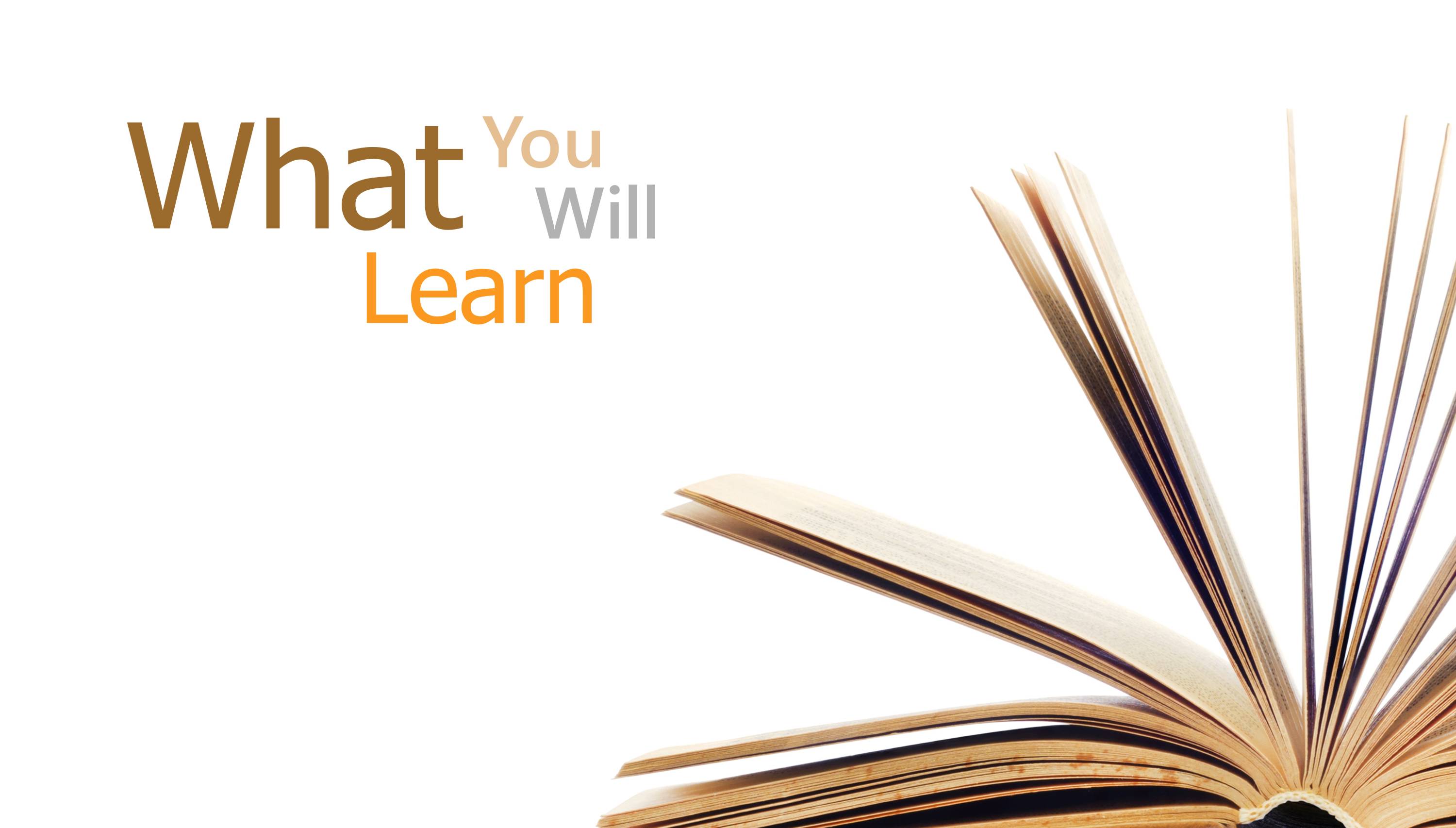
Foundations of Resilience
Some days feel like a juggling act: keeping up with demands, dealing with shifting priorities, and supporting others while trying to stay grounded. When stress builds or change hits unexpectedly, it’s easy to doubt your capacity to handle it all. You might notice your focus slipping, your energy draining, or your patience wearing thin. These moments can shake your confidence, especially when others look to you for stability.
Across organizations, this strain is becoming more visible. High-pressure environments, constant transitions, and emotional labour can affect even the most committed teams. Without the right tools, people may withdraw, burn out, or struggle to communicate effectively. Resilience is more than a personal strength; it’s a workplace necessity. When organizations support emotional well-being and adaptability, teams are better equipped to manage pressure and respond to change in healthier, more productive ways.
This interactive workshop offers practical tools to manage stress, stay emotionally grounded, and respond to change with more ease. You’ll explore how stress affects your body and behaviour, and how to respond with intention rather than instinct. Through reflection, group discussion, and hands-on strategies, we’ll focus on building your emotional awareness, strengthening your adaptability, and shifting your mindset toward learning and growth during times of uncertainty.
You’ll leave with a clearer picture of how you respond to stress and what helps you stay balanced. You’ll have new strategies to manage your energy, support others without feeling depleted, and communicate more effectively during difficult moments. Most importantly, you’ll build a personal resilience toolkit—something you can draw on to stay grounded, adaptable, and confident no matter the challenges.

- and performance.
- Apply self-regulation techniques to maintain emotional balance during challenging situations.
- Support colleagues and clients through co-regulation strategies that support stability and connection.
- Strengthen adaptability and flexibility when moving through workplace transitions and periods of uncertainty.
- Develop effective coping strategies to manage stress and maintain resilience in high-pressure environments.
- Improve communication skills to approach difficult conversations with clarity and confidence.
- Identify early signs of burnout and implement proactive self-care strategies.
- Build a personal resilience toolkit with practical techniques to sustain long-term well-being.

This workshop is ideal for professionals who want to strengthen their capacity to manage stress, respond to change, and support others without becoming overwhelmed. As a shorter version of our Cultivating Resilience workshop, it offers a focused introduction to the foundations of resilience with practical tools you can apply immediately.
You should attend if you
- Feel stretched by competing demands or shifting priorities
- Want to manage your energy more intentionally and prevent burnout
- Support others regularly and need tools to stay emotionally steady yourself
- Struggle to stay focused, patient, or confident during high-stress periods
- Are moving through workplace transitions, uncertainty, or emotionally complex situations
- Work in roles where emotional labour, decision-making under pressure, or adaptability are essential
By the end of this session, you will have practical tools to support your well-being, strengthen your response to change, and stay grounded, both for yourself and those you support.

This session offers a space to assess how your team is functioning—what’s supporting collaboration and what’s getting in the way. Through structured activities, group reflection, and real-time discussion, you’ll explore practical ways to build connection, reduce overwhelm, and create more sustainable work habits.
You’ll receive a detailed workbook filled with templates, prompts, and reference tools to support your use of analytical techniques after the session.
Workshop activities include
- Reflecting on team dynamics and sources of stress
- Mapping out strengths, gaps, and connection points
- Identifying burnout risks and early warning signs
- Exploring tools to support psychological safety and resilience
- Practising conversations that strengthen connection and trust
- Applying growth mindset and reframing techniques to shift unhelpful thinking
- Using team planning tools to support shared workload and priorities
- Creating a personalized team support and sustainability plan



